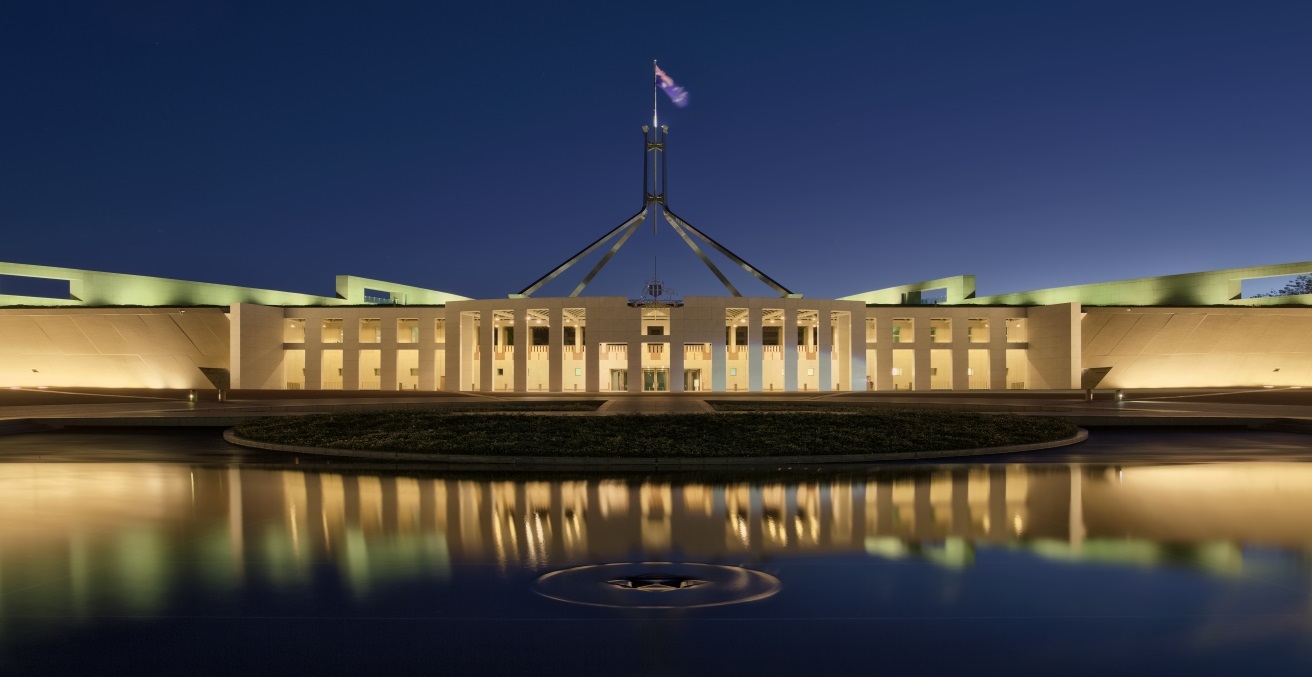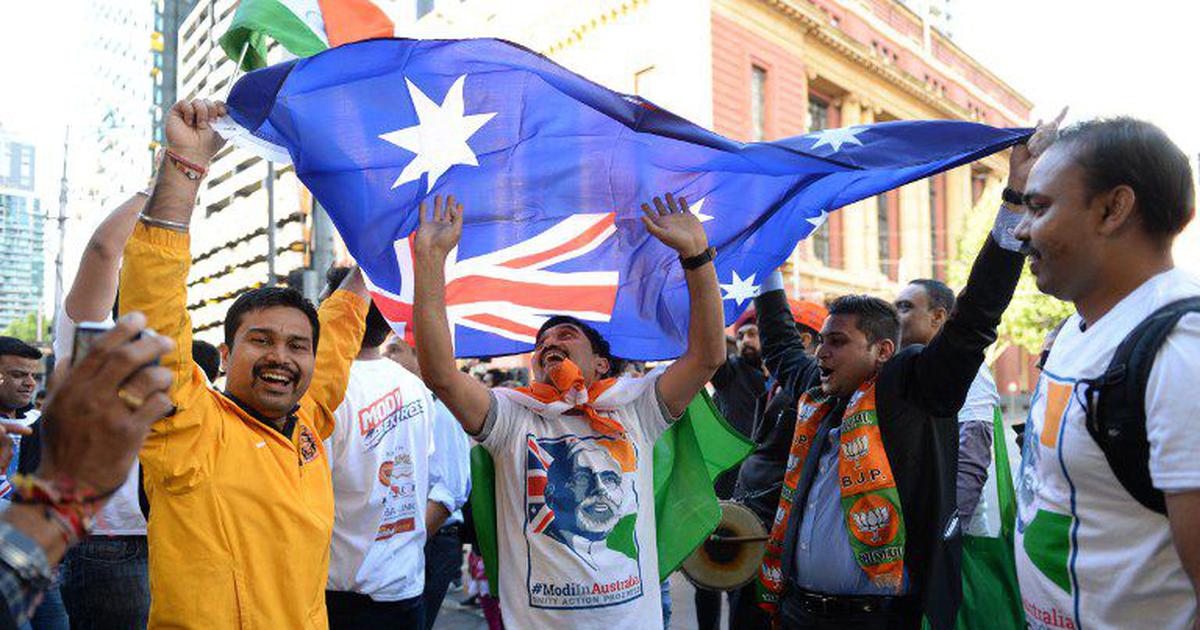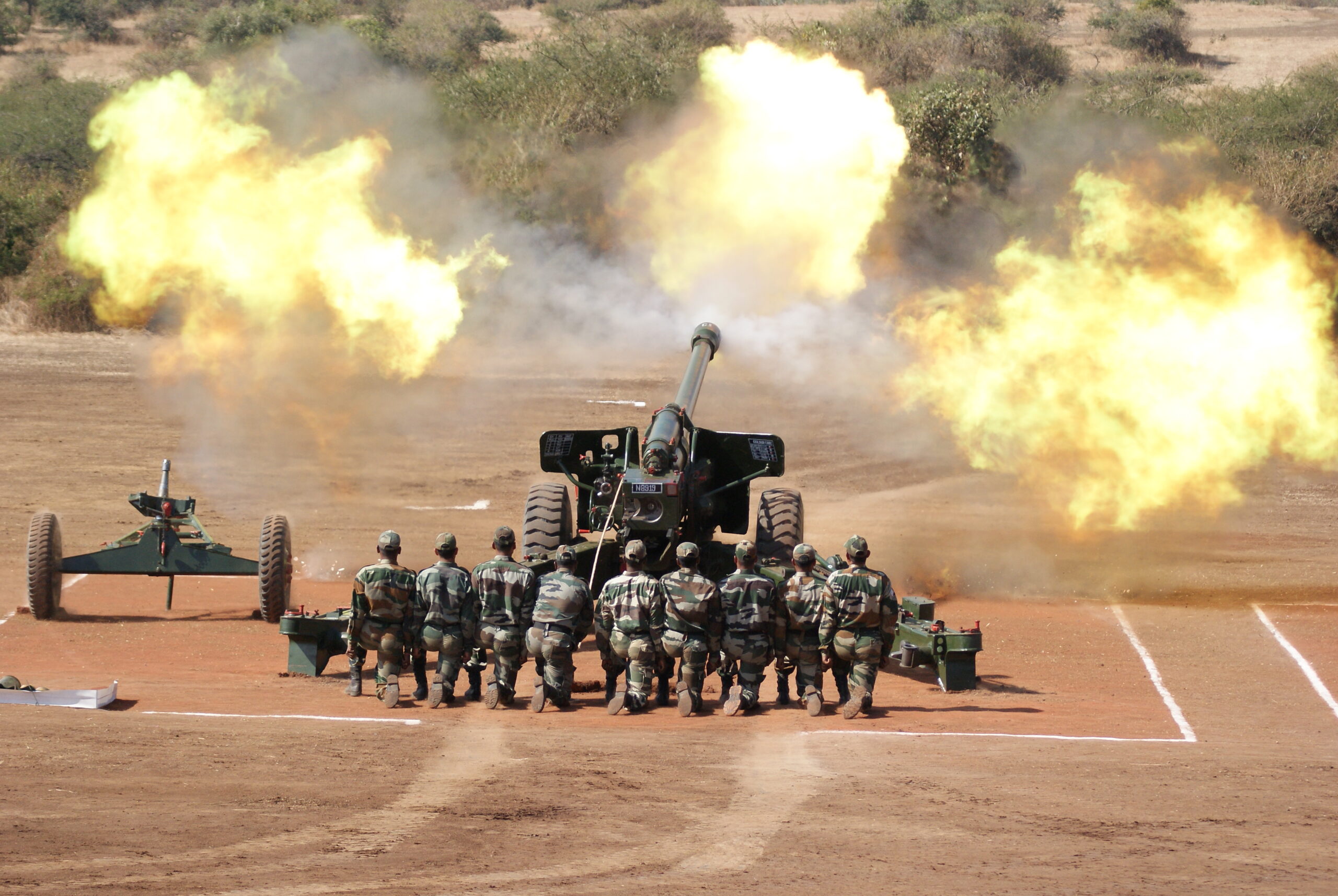India’s role in the Maldives’ security is indispensable. By aligning its external partnerships with India’s regional strategy, the Maldives can ensure mutual security without compromising its sovereignty.
Maldives must consider the mutual interests of its development partners and balance its foreign policy priorities between India and extra-regional aid partners. India has a pivotal role in regional security and has a stake in Maldives’ security and defence engagements with regional actors. This is particularly the case in Maldives-India maritime security cooperation, a vital component of their mutual efforts to safeguard national and regional waters.
Collaboration with India extends beyond maritime security concerns, such as acts of piracy or arms trafficking, to encompass a broader spectrum of security interests within Maldives. This includes supporting Maldives’ climate-focused, mega-infrastructure development projects to build safer islands. During 2013-2018, non-military areas of cooperation involved Chinese investments and raised concerns for India, with the latter viewing the growth of China’s projects as potentially escalating to military cooperation. This would impact the regional order maintained by India as the traditional security provider of the Indian Ocean region.
It would make sense for India that Maldives aligns other foreign investments with its own regional priorities. However, Maldives’ foreign policy is positioned to look beyond single donors to maximise its benefits from aid partners. In this context, Maldives’ climate security narrative can help India understand that Malé’s engagements with China are necessary, and should not be viewed as leading to new military and security arrangements with China. This approach for India would offer a clear narrative of balancing foreign policy and mutual understanding on security issues.
Dynamics of aid cooperation and India relations
Aid cooperation is a defining factor in the foreign policy priorities of the Maldives. The choice of preferred aid partners, such as India or China, reflects the strategic preferences and demands of Maldivian foreign engagements. However, in military engagements, the Maldives must exercise caution not to distance itself from India’s regional interests. India has historically been a dependable ally, providing substantial aid and support in various sectors, including defence; for instance Maldives-India defence cooperation is central to India’s regional security objectives and significant strategic interests.
Malé benefits consistently from India’s assistance, which includes aid for infrastructure, healthcare, education, and security. Sustaining such engagements will guarantee India’s confidence in Maldives’ regional security objectives. For example, Maldives’ non-military aid cooperation, such as the China-aided Laamu Atoll Marine Hub building project, can support infrastructure from offshore bunkering to food storage security systems. Although development-focused, China’s engagements in Maldives appear sensitive to India. In India’s rationale, China’s Belt and Road Initiative (BRI) in Maldives increases the chances of Chinese military engagements–for example, the docking of Chinese submarines in Sri Lankan and Pakistani ports done under BRI arrangements have raised suspicion over China’s intentions.
To counterbalance, India’s engagements, like the supply of water and sewerage projects in 28 islands in 2024, can guarantee water and health security for the Maldives but forge a line of diplomacy and a language of security shared by Maldives. India can observe Maldives’ development-focused security objectives and facilitate mutual, military-based security objectives, such as regional maritime security efforts. For Malé, building mutual trust in military interests must mean careful navigation of other aid partners, including China, and balancing its development-security priorities with regional objectives.
Balancing foreign policy – military v. non-military security
In 2023, the political landscape in Maldives shifted with the election of President Mohamed Muizzu, who campaigned under the “India-out” banner. Since taking office, Muizzu has focused on balancing foreign policy by way of expanding Maldives’ foreign partnerships, including defence and military cooperation, beyond traditional allies. Apart from signing the security-related agreements with China, Muizzu’s initial visit to Türkiye involved arrangements to bring military equipment to Maldives, including Türkiye-made tactical drones. This approach aims to diversify the Malé’s international relations and reduce dependency on any single nation.
The idea of expanding military aid cooperation to non-traditional partners presents a complex security question and a challenge for balancing development and security cooperation between India and extra-regional actors. For example, India remains a vital security partner with historical ties and strategic interests in maintaining stability in the Indian Ocean. China’s economic influence and investment capabilities offer significant opportunities for development projects that are critical for the Maldives’ growth. However, extending aid to security cooperation could prove problematic. India is unlikely to accept rising outside powers in Maldives’ territory.
The Maldives must ensure that its engagement with China, particularly in areas of infrastructure development and economic cooperation, does not compromise its security relationship with India. Climate-resilient development is part of aid sought with China; however, moving such cooperation into traditional security engagements, such as China’s potential use of Sri Lanka’s Chinese-built port of Hambantota for military purposes, could cloud the objectives sought under its comprehensive security parameters.
Navigating development and security interests
The Maldives’ climate security narrative is a compelling aspect of its national security and foreign policy, highlighting the existential threat posed by climate change and the need for prioritising climate-resilient development for long-term survival. By emphasising this narrative, the Maldives can garner support from both India and other aid partners, like China, for its climate-based investments, ensuring these efforts align with Maldives’ comprehensive security objectives. As the closest regional aid partner, India has an underlying interest in being part of Maldives’ development planning, especially gaining aid dominance through financial grants, loans, and projects. For example, in 2024, India extended the loan repayment date for Maldives and decided to rollover US$50 million in treasury bills for an additional year, as budgetary support.
India’s role in supporting the Maldives’ development initiatives, such as building climate-resilient infrastructure and providing technological assistance, underscores the multifaceted nature of their engagements. These efforts demonstrate a commitment to addressing not only immediate security concerns, such as potential armed attacks from sea pirates, but also long-term sustainability challenges. Conversely, China’s BRI presents opportunities for the Maldives to enhance its infrastructure and economic capacity, which are essential for its development aspirations.
However, the Maldives must ensure that any involvement in the BRI does not lead to strategic dependencies that could conflict with India’s security interests. Clear communication and transparency in its foreign engagements can help mitigate potential misunderstandings and foster a cooperative environment where both India and China (or Türkiye for that matter) contribute to the Maldives’ development without compromising Maldives’ commitment to regional stability.
Conclusion
India’s role in the Maldives’ security is indispensable. By aligning its external partnerships with India’s regional strategy, the Maldives can ensure mutual security without compromising its sovereignty. Maldives’ climate security narrative provides a platform to communicate its national objectives and engage both India and China in efforts that transcend traditional security concerns. Sustainability of foreign partnerships will depend on how well Maldives navigates its development-focused engagements and military-based interests with India, China or another extra-regional actors.
Athaulla A Rasheed is the Head of Centre at the Centre for Security and Strategic Studies at Maldives National University. A former foreign service officer and diplomat at the Ministry of Foreign Affairs, Maldives, Athaulla also holds two PhDs in international and strategic studies, and political science from ANU and University of Queensland, Australia.
This article is published under a Creative Commons License and may be republished with attribution.




